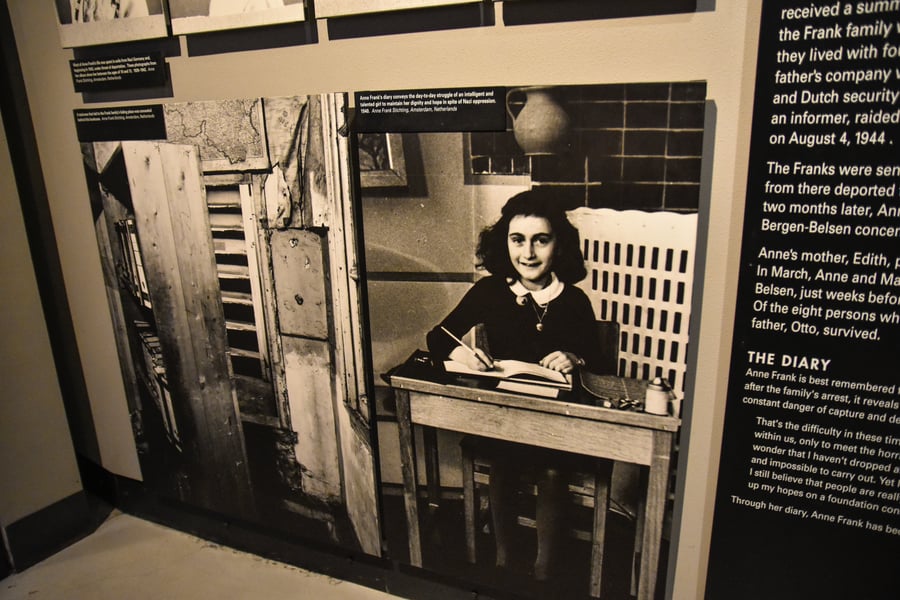
A new street mural in Bergen, Norway, depicting Anne Frank wearing a keffiyeh has drawn significant criticism and accusations of antisemitism, bringing to the forefront ongoing tensions surrounding artistic expression in the Israel-Gaza conflict.
The mural, titled "Death of the Innocent," was created by anonymous artist Töddel and has elicited strong reactions from Jewish organizations. The European Jewish Congress condemned the artwork, stating, "Depicting a Holocaust victim with a keffiyeh is a gross distortion of history. Such acts are not genuine criticism but deeply antisemitic and offensive misrepresentations that undermine Holocaust memory."
In response to the criticism, Töddel spoke to the Jewish Telegraphic Agency, defending the work: "Anne Frank is a symbol of innocence. Like the children and women of Gaza, she suffered and died because of her ethnicity and religion and being in the wrong place at the wrong time."
The artist, who is not Jewish, claims to have read Frank's diary multiple times and visited Auschwitz-Birkenau with their children. Töddel acknowledged that "Hamas started it all with its horrific terrorist attack," but argued that Israel's response in Gaza was achieving Hamas' goal of "tarnishing the Israeli state and weakening its position in the world."
This mural appears in Bergen, where two local universities recently severed ties with Israeli institutions over the ongoing conflict. It follows a pattern of using Holocaust imagery in pro-Palestinian protests, including recent incidents at Holocaust memorials in Amsterdam, Milan, and Auschwitz.
Norway recognized Palestine as a state in May, leading to strained relations with Israel. The country has also accused Israel of violating international humanitarian law in Gaza.
The mural's appearance in Bergen — a city where local universities have recently cut ties with Israeli institutions — adds another layer to the ongoing debate. It's part of a wider trend that has seen Holocaust imagery controversially incorporated into pro-Palestinian demonstrations across Europe, from Amsterdam to Auschwitz.
Norway's recent recognition of Palestine and its criticism of Israel's actions in Gaza have already strained relations between the two countries.
Töddel's provocative artwork now throws fuel on an already heated discussion, forcing uncomfortable questions about the limits of artistic expression, the sanctity of Holocaust memory, and the complexities of the Israeli-Palestinian conflict.
* JTA contributed to this article.



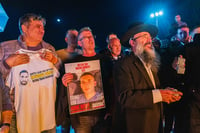







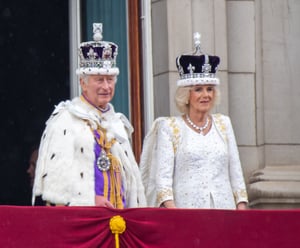
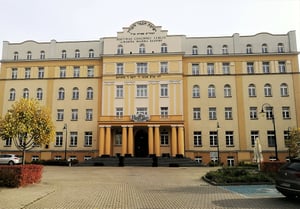
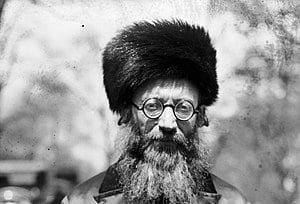
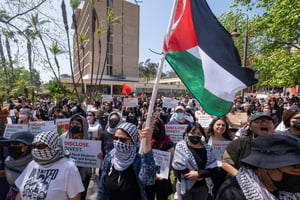

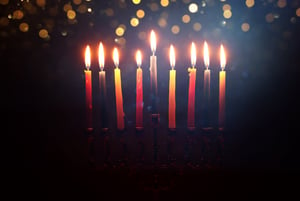
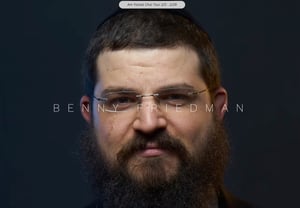

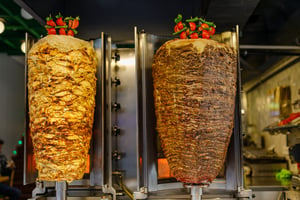
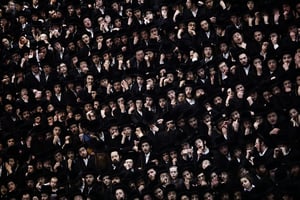







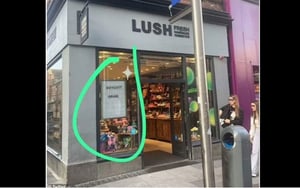
1 Comments